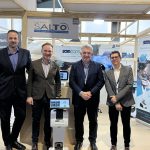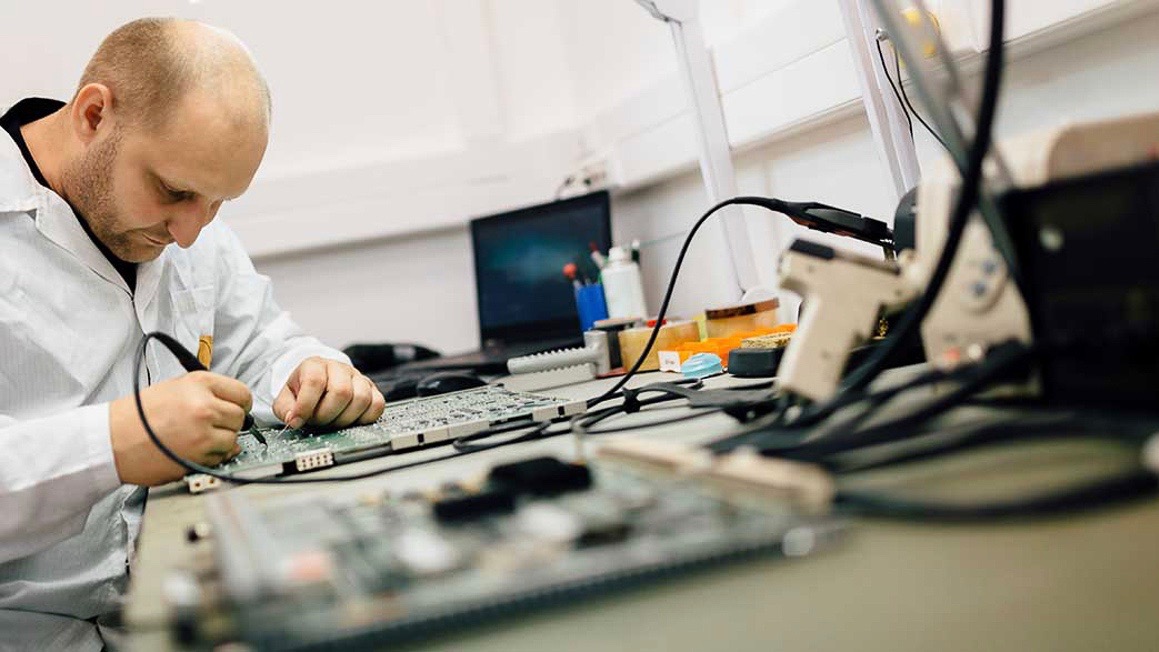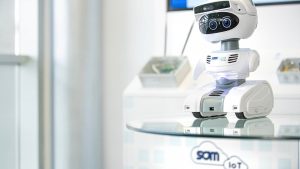Group Saltó, in collaboration with the social entities ASPID and Grupo MIFAS, has launched an ambitious advanced telecare project with the aim of improving the quality of life and autonomy of people with disabilities in Lleida and Girona. This ambitious project has been designed to “promote independent living, improve quality of life and combat unwanted loneliness” in this group.
SOMCare is an advanced telecare platform that can manage assistive robots and is designed so that professionals can focus on tasks with higher added value, leaving repetitive actions of little value to the robots.
A-Yud is an assistive robot that will be able to carry out different key functions for the well-being of people with disabilities. Its capabilities include appointment reminders and medication control, fall detection and requesting help in emergency situations. In addition, the robot will be able to make video calls, fostering social connection and reducing the sense of isolation that some people may experience.
It is also very beneficial for professionals as it allows the digitisation of documents and information about people in the Cloud, as well as the automation of repetitive and low-value tasks. This innovative system will enable professionals to minimise their workload and provide a more value-added service to people.
The project, financed by the Generalitat de Catalunya with Next Generation funds, is already underway with the implementation of the first two telecare robots. It is expected that 14 additional robots will come into operation before September, to attend to a total of 48 people in the Lleida and Girona area until May 2025.
The Saltó Group, a leading company in the design and development of the SOMCare platform, is proud to participate in this transcendental collaboration. Jaume Saltó, head of the Saltó Group, highlights the purpose of the project, which goes beyond simple assistance: “Our mission is to provide real and personalised accompaniment to people with disabilities, promoting their emotional and social well-being”.
Bibana Bendicho, president of ASPID, highlights the importance of this initiative and its positive impact on the traditional telecare that the organisation has provided to thousands of people over the years. “The project represents a step forward in meeting the specific needs of people with disabilities, something that until now has not been comprehensively addressed in the country,” says Bendicho.
For its part, MIFAS Group brings its extensive experience in the field of disability to ensure that each “A-Yud” robot is adapted to the particular needs of each user, covering key aspects of assistance, rehabilitation and connection with the environment.
Albert Brescó, one of the first beneficiaries of the project, shares his positive experience using the A-Yud robot. Thanks to its help, he has managed to improve the organisation of his medical appointments and the monitoring of his medication, which has had a positive impact on his quality of life.
The project is a valuable contribution to the well-being and autonomy of people with disabilities in these areas. This unique and collaborative initiative sets a precedent in the implementation of advanced technologies in the field of social assistance, representing a firm step towards the inclusion and improvement of the quality of life of those who need it most.














